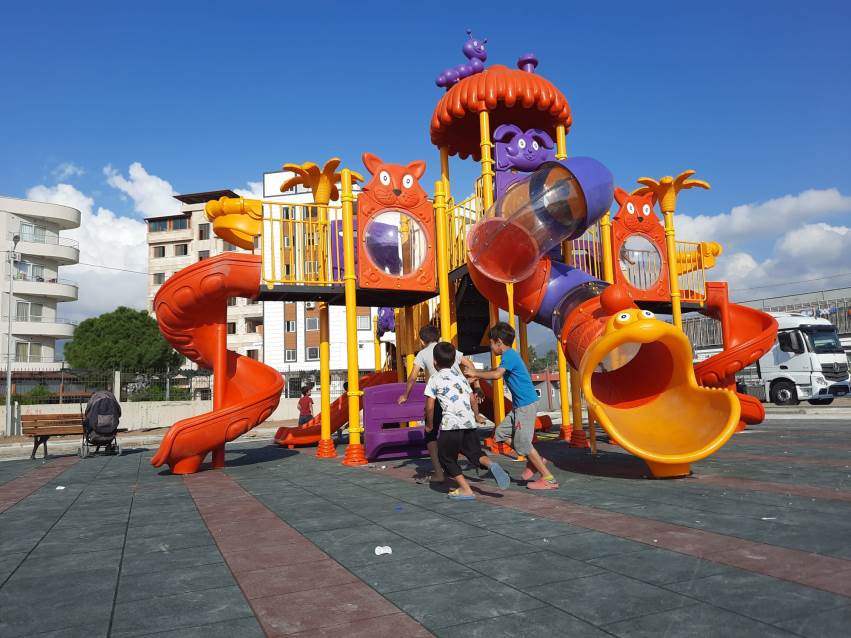
In the fast-paced world we live in today, where children are often occupied with digital devices and structured activities, it's essential to remember the value of unstructured play and the role of playgroups in fostering a child's development. Children's play groups, often referred to as playdates or play sessions, serve as a crucial platform for kids to socialize, learn, and most importantly, have fun!
The Power of Playgroups
Playgroups are informal gatherings where children come together to engage in various activities, games, and creative play. These groups typically consist of children of similar ages and are often organized by parents or caregivers. Playgroups provide numerous benefits for children's physical, social, emotional, and cognitive development:
1. Social Skills: Playgroups offer an excellent opportunity for children to interact with their peers. They learn important social skills such as sharing, taking turns, and resolving conflicts. These early interactions help build the foundation for positive social relationships later in life.
2. Communication: Children develop their language skills through play and interaction with others. They learn new words, phrases, and communication styles as they engage in conversations and collaborative activities during playgroup sessions.
3. Creativity and Imagination: Unstructured play encourages creativity and imagination. Children use their creativity to come up with new games, stories, and scenarios, which helps boost their problem-solving abilities.
4. Physical Development: Playgroups often involve physical activities like running, jumping, and climbing, which promote motor skill development and physical fitness.
5. Emotional Resilience: Through play, children learn to express their emotions and cope with various feelings. They also develop empathy and a better understanding of others' emotions.
6. Cognitive Development: Playgroups stimulate cognitive development by encouraging exploration and experimentation. Children engage in activities that challenge their thinking, problem-solving, and decision-making skills.
7. Independence: Playgroups allow children to gain independence as they explore new environments, make choices, and learn to rely on themselves.
8. Friendship Building: Last but not least, playgroups provide a platform for kids to form friendships. The bonds they create in these early years often last a lifetime.
Tips for Successful Playgroups
For parents and caregivers interested in organizing or participating in playgroups, here are some tips for a successful experience:
Plan Regular Gatherings: Consistency is key. Schedule playgroup meetings at regular intervals to provide a sense of routine for the children.
Choose Age-Appropriate Activities: Tailor activities to suit the ages and interests of the children involved.
Create a Safe Environment: Ensure the play area is childproofed and safe for play.
Encourage Parental Involvement: Parents or caregivers can participate actively in playgroups, fostering a sense of community among families.
Be Flexible: Allow for unstructured playtime where children can lead and choose activities based on their interests.
In conclusion, children's play groups are indeed the key to fun and holistic development. They offer a safe and nurturing environment for kids to explore, learn, and connect with their peers. So, let's embrace the power of playgroups and let our children enjoy the wonders of unstructured play!
İnternet sitemizden en iyi şekilde faydalanabilmeniz ve internet sitemize yapacağınız ziyaretleri kişiselleştirebilmek için çerezlerden faydalanıyoruz. Dilediğiniz halde çerez ayarlarınızı değiştirebilirsiniz. Detaylı bilgi için tıklayınız